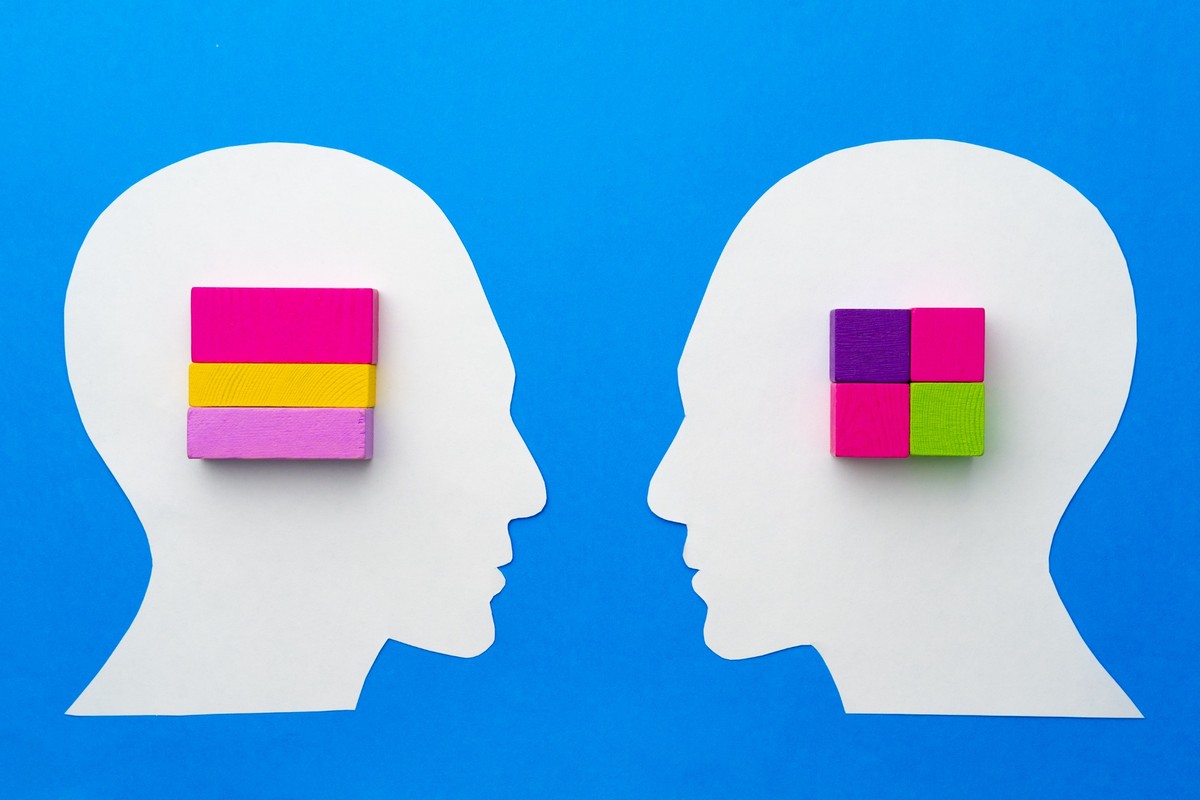.jpg)
Sleep and Sobriety: Why Your Brain Can’t Heal Without Rest
Introduction: Sleep Is the Foundation of Recovery
In early recovery, people often focus on therapy, nutrition, and support groups. But one of the most powerful healing tools is often the most overlooked: sleep.
Without consistent, high-quality sleep, the brain can’t fully repair the damage caused by substance use, chronic stress, or trauma. Poor sleep also increases emotional reactivity, relapse risk, and symptoms of depression and anxiety.
At Spark Wellness, we view sleep not as a luxury—but as a non-negotiable part of our mental health and addiction treatment programs.
1. How Substance Use Disrupts Sleep
Substance use and sleep disruption go hand in hand. Many substances interfere with normal sleep cycles, particularly:
- Alcohol, which disrupts REM sleep and causes early waking
- Stimulants like cocaine or meth, which delay sleep onset and reduce deep sleep
- Opioids, which reduce slow-wave sleep and suppress breathing patterns
Even after detox, the brain may struggle to re-establish healthy rhythms, a condition known as post-acute withdrawal syndrome (PAWS).
Our outpatient treatment programs provide support during this delicate phase, helping clients restore biological balance over time.
2. Trauma and Sleep: A Two-Way Relationship
For clients recovering from trauma, sleep is often fragmented, restless, or filled with nightmares. The body remains in a hypervigilant state, even during rest. Common trauma-related sleep issues include:
- Insomnia or trouble falling asleep
- Night sweats and panic upon waking
- Chronic fatigue despite getting hours of sleep
That’s why our trauma-informed care model addresses nervous system regulation, not just symptom management.
3. Why Poor Sleep Increases Relapse Risk
When you're sleep-deprived, the brain becomes more impulsive, emotional, and reward-seeking. This significantly increases the likelihood of:
- Cravings
- Poor decision-making
- Reactivity in relationships
- Skipping support meetings or therapy
Sleep deprivation also disrupts neurotransmitters like dopamine and serotonin, making recovery feel harder than it needs to be.
We work closely with clients in our mental health programs to improve sleep quality without relying on sedating medications or habit-forming substances.
4. How We Help Clients Rebuild Sleep Health
At Spark Wellness, we approach sleep as a skill—something that can be trained, supported, and protected. Our strategies include:
- Creating screen-free wind-down routines
- Addressing gut health and blood sugar stability
- Teaching sleep-focused breathwork and relaxation tools
- Recommending safe, evidence-based supplements (like magnesium glycinate or L-theanine)
We also explore the emotional roots of insomnia, helping clients feel safe enough to let go and rest.
5. Signs That Sleep May Be Holding Back Your Recovery
You don’t have to experience full-blown insomnia to be affected by poor sleep. Some signs include:
- Needing caffeine to function in the morning
- Trouble focusing during therapy
- Feeling irritable or emotionally flat
- Increased cravings in the late afternoon or evening
If these symptoms sound familiar, your sleep may be the missing link in your recovery strategy.
Final Thoughts: Sleep Is Not a Bonus—It’s the Backbone of Healing
Recovery is not just about abstaining from substances—it’s about rebuilding your brain, your body, and your emotional capacity. Sleep is where that rebuilding begins.
If you're struggling with anxiety, trauma, or early sobriety and your sleep feels like a battle, contact Spark Wellness. We'll help you reclaim restorative rest—without medication dependency—so your brain and body can fully heal.
Recovery articles for you

Anxiety vs Depression: How to Tell the Difference and Why It Matters for Treatment

When Weekly Therapy Isn’t Enough: Signs You May Need a Higher Level of Mental Health Care



